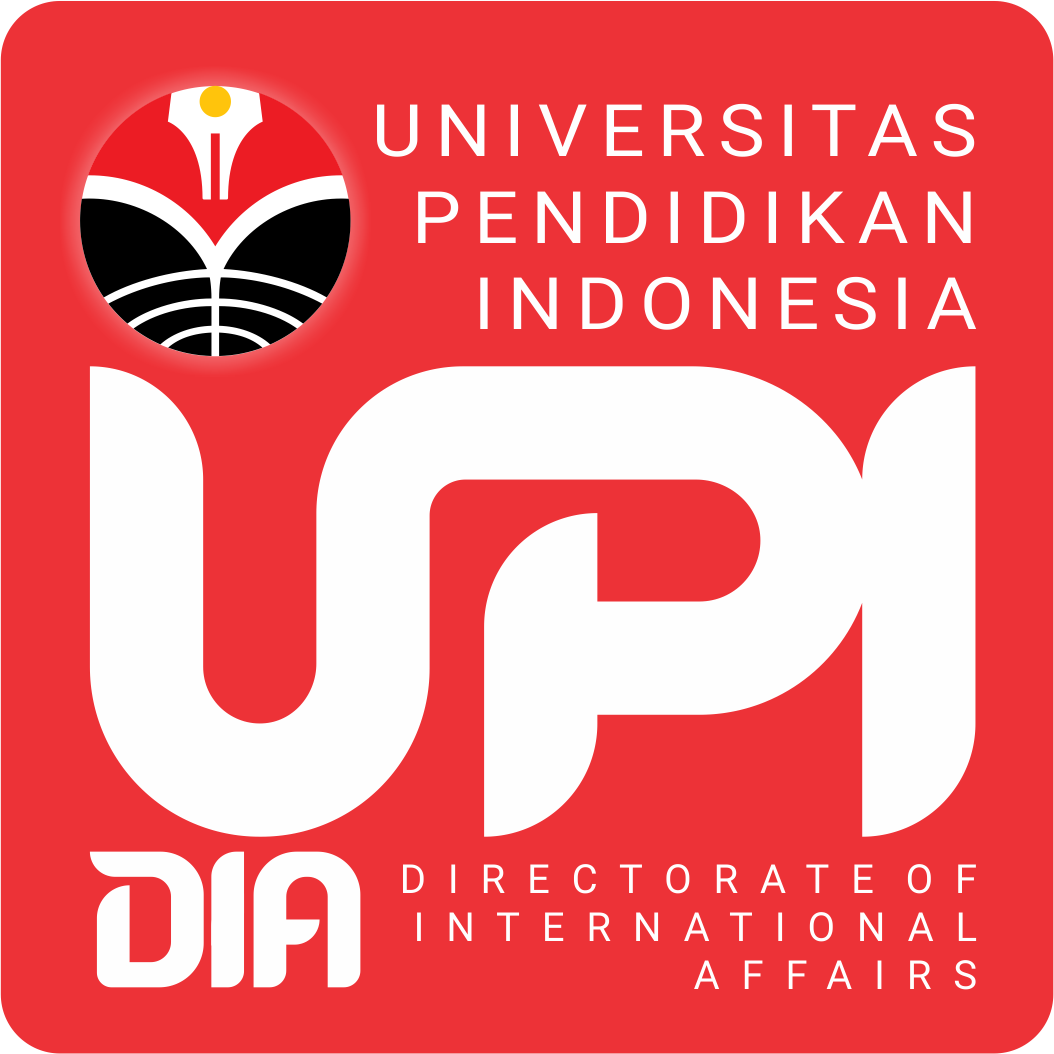Studies on immigration law in Indonesia are still very minimal. Law colleges, both public and private, still place immigration law studies as additional, elective, or complementary courses when studying citizenship and population law. There is very little literature that discusses immigration law in detail. In fact, if viewed from a philosophical perspective, both ontologically, epistemologically, and axiologically, immigration law has been included as a category of science that has benefits and should continue to be developed.
Thus the red thread for the Book Review “Immigration Law: An Introduction” in the Hall of the Sentra Mulia Building, South Jakarta, Thursday (20/1). This book review is a series of activities in commemoration of the 72nd Immigration Service Day (HBI), the Directorate General of Immigration.
As a speaker in the book review, Dr. Bayu Dwi Anggono, Dean of the Faculty of Law, University of Jember, Dr. Agus Riewanto (Faculty of Law, Sebelas Maret University, Surakarta) and Dr. Oce Madril (Faculty of Law, Gadjah Mada University, Yogyakarta). As the moderator of the book review, namely Dr. M. Alvi Syahrin, Head of Immigration Law Study Program at the Immigration Polytechnic. Dr. Bayu said, in practice, immigration law is closely related to other legal aspects such as constitutional law, administrative law, criminal law, and international law. Administrative law regulates the reciprocal relationship between the government and the people. Criminal law regulates criminal acts and criminal liability for violations and crimes in the field of immigration. Meanwhile, international law is related to the implementation of the immigration function which absorbs various international conventions, including UN conventions. “Immigration law is also related to constitutional law because it relates to institutional functions, relations between state institutions, aspects of population, citizenship and citizenship,” added Bayu.
Immigration law, Bayu continued, urges to continue to be studied and developed considering the flow of human movement between countries is no longer unstoppable. Ease of transportation is one of the triggers for increasing cross-country movement. According to Bayu, immigration law if defined is a set of legal rules that regulate matters related to the exit and/or entry of people into the territory of a country which includes regulatory activities, policies, permits, supervision, and law enforcement.
“This book is not only a complement to the existing immigration law books but also very suitable to be used as teaching materials at law universities in Indonesia. In an internal context, this book can also be an oasis for immigration officers in carrying out their duties of service and immigration law enforcement in the field,” he explained.
Another speaker, Dr Agus Riewanto, presented a discussion about the location of immigration law from a historical perspective. According to Agus, it is important to study legal history at each phase to understand immigration law from the context of legislation, policies, legal actions, and immigration events from the past, present, to the future.
“We can explore this history to look for unique and interesting things in a period of government as a tool to perfect immigration arrangements in the future,” explained Agus.
Agus gave an example of immigration law during the colonial or colonial era where the principles adopted were open principles. The Netherlands implemented this to make it easier for foreigners to enter Indonesia and to attract sympathy from other countries so that the Dutch received support to continue to colonize Indonesia.
“But after independence, the policy changed. The government applies the principle of a selective policy in which only people who are useful and do not harm the country can enter Indonesia. From this we can draw a conclusion, each government has its own policies that can be studied to improve immigration policies in the future, “said Agus.
Dr. Oce Madril highlighted the term Immigration Administrative Action (TAK) in the discussion of State Administrative Law. According to Oce, the term TAK is not quite right. The correct phrase should be Immigration Administrative Sanctions. “Why is that, because when a foreigner is deported, it means that the person concerned will be subject to an immigration administrative sanction. This is one of my inputs to correct the phrase TAK which has been adopted by the Directorate General of Immigration,” he explained. Oce discusses Immigration Administrative Law, namely the understanding and scope of administrative law, government authorities and actions, immigration administration law, and immigration administration law enforcement.
